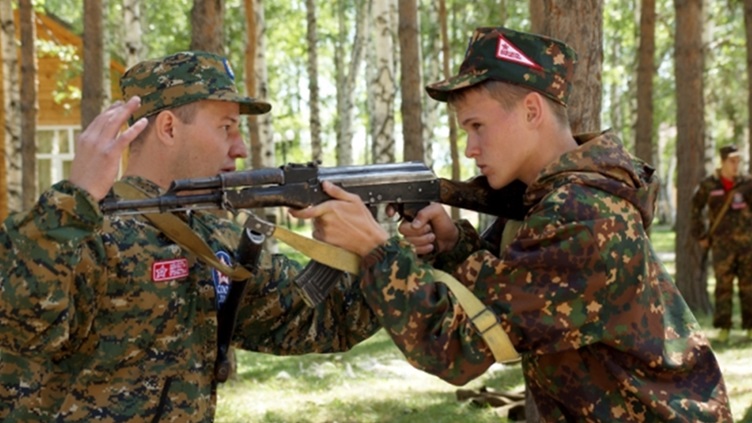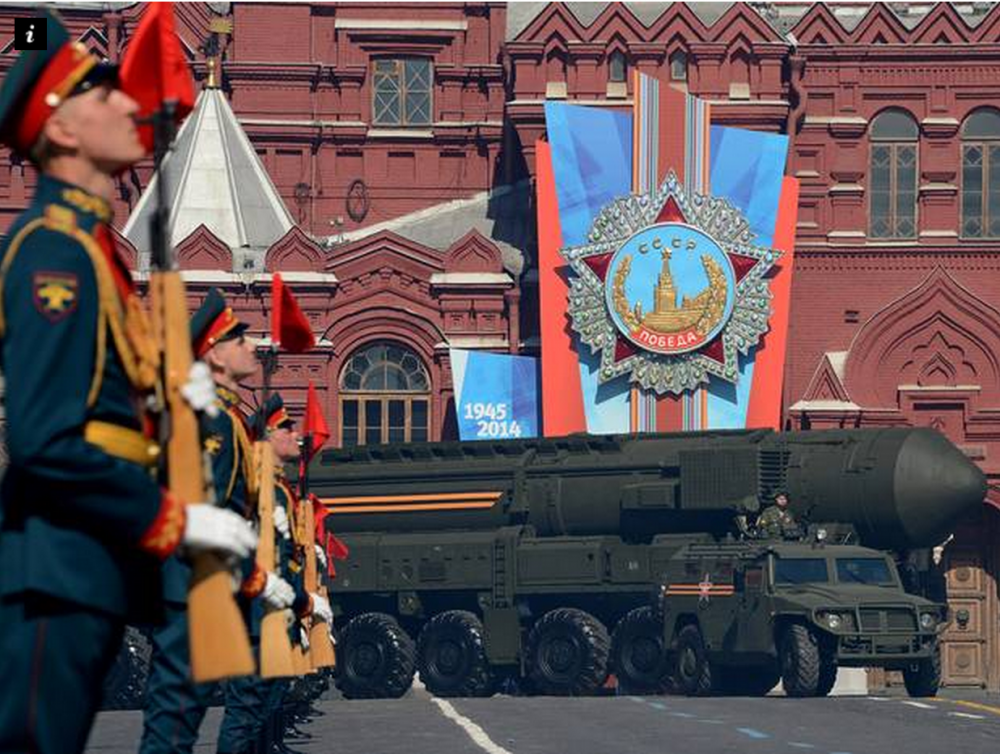A year ago, many were thinking that Narva in Estonia might be the flashpoint that would ignite World War III, with some in the West asking whether they were prepared to die for Narva and others responding that if they weren’t, NATO and indeed the West as a whole would suffer an irreversible defeat.
Now, a new film on the BBC has prompted the same people to ask whether Latgale rather than Narva could be where a new global conflagration could start. But as even pro-Moscow analysts point out, there is little or no basis for such projections.
Indeed, as Laima Katse writes on the pro-Russian portal Rubaltic.ru
today, while the region has serious economic and social problems, “any social uprising needs a sufficient number of those passionately committed to it” and “a large part of the active and mobile population” of Latgale has already left.
Those who remain “are either pensioners or young people who have still not finished school and purchased their tickets to go to England,” she writes. Thus, there is simply not the critical mass of supporters for a rising of the kind that led to the Anschluss of Crimea and Russian intervention in the Donbas.
The absence of such people does not by itself preclude a direct Russian invasion, but such an invasion would not only be a departure from the “hybrid” ones based on superficially plausible claims of local support that Vladimir Putin has employed in Ukraine but also be far more likely to lead to a forceful NATO response, as the Kremlin leader clearly understands.
That doesn’t mean that Latgale doesn’t have problems and that Riga and its supporters in the West should not be concerned about them, but it does mean that that focus should be on promoting the economic development of a depressed area rather than on a search for separatists there.
In her article, Katse notes that over the last several years, Latgale, a predominantly Russian-speaking area in the eastern portion of Latvia, has attracted “heightened attention.” After Crimea, some in Riga began to view its residents as potential secessionists; and now the BBC has suggested it will be where a new world war will start.
In Soviet times, Latgale was a flourishing industrial and agricultural area, Katze says, but since 1991, it has been “in a state of permanent depression. All the major enterprises and factories were closed down, and little was done to provide employment and hope for the population.
Three years ago, a group of Latgale activists organized a conference in Daugavpils where they raised the question of “’the possible autonomy’” of the region; and after the annexation of Crimea, there were event Facebook posts showing a map and flag of a Latgale Peoples Republic.
That attracted the attention of Riga officials, Katse says, who until then had largely neglected it because of its small and declining population and focused their resources on regions with more people and more votes. And the Latvian government has acted to ensure that Latgale receives far less money from the EU than any other region of the country.
Moreover, according to Katse, Riga has put what money it has sent into cultural and infrastructure projects which by themselves do little to address the employment situation in the region. She gives as an example the creation with EU money of a Mark Rothko contemporary art center in Daugavpils, a museum that can offer few jobs to local people.
Over the last six years, Latgale’s population has declined by 14 percent, with most of the decline reflecting the departure of young people for jobs abroad. There are few for them in Latgale. In 2012, Katse reports, unemployment there was 20.7 percent, far higher than the 13.3 percent for Latvia as a whole. And the share living in poverty is twice as high.
Clearly, Latgale is a region with problems; but if Katse is right, it is hardly a place where a “hybrid” Russian invasion would work. Consequently, it could become a flashpoint for World War III only if Putin wants to go for broke and sends Russian tanks over Latvia’s and NATO’s eastern borders, an act of such suicidal recklessness that even he is likely to want to avoid.





